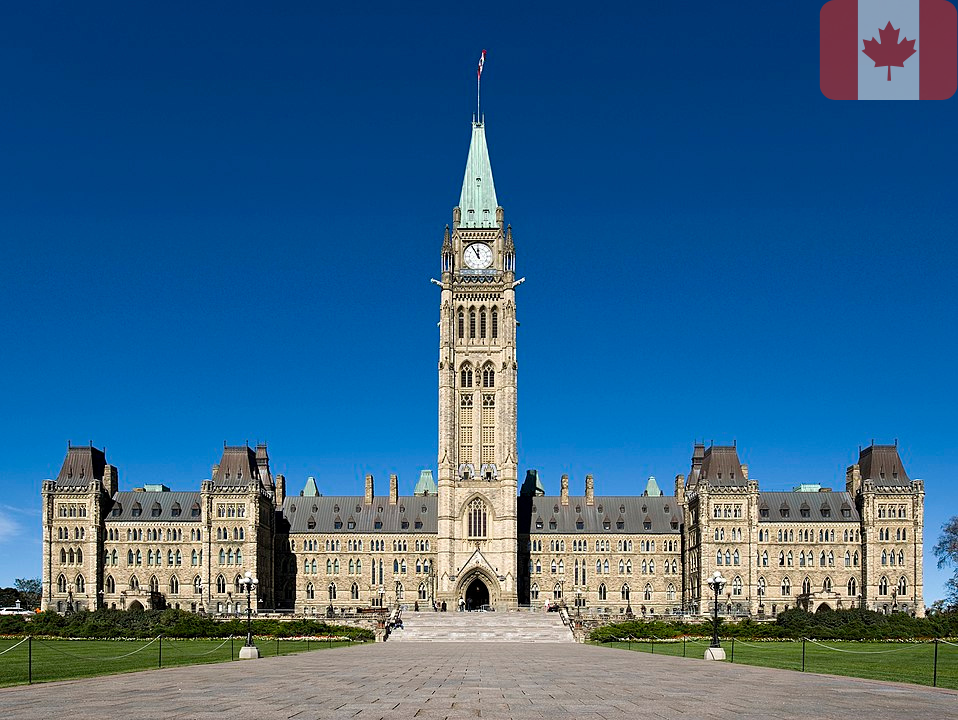
Canada’s Government Procurement System Drives Economic Growth
Canada’s government procurement system plays a pivotal role in both the national economy and the delivery of public services. This overview explores the complexities of the procurement environment in Canada, focusing on annual expenditures, emerging trends, and recent changes.
In 2023, government procurement spending surged to $82 billion, further emphasizing its critical role in economic activity. This represents a 5% increase from the previous year, clearly reflecting the growing importance of procurement across various sectors such as infrastructure, technology, defense, healthcare, and education.
Key Trends Shaping the Future
Digital Modernization
Over 85% of government entities in Canada now rely on e-procurement platforms. By leveraging cloud technologies and AI, procurement efficiency has significantly improved. As a result, these digital tools streamline processes, reduce paperwork, and foster transparency in bidding.
Sustainability Commitment
Sustainability has become a top priority in Canada’s procurement strategy. Currently, 80% of companies engage in green procurement practices, aligning with government goals for a circular economy and net-zero emissions. Moreover, this shift reflects a broader effort to balance economic growth with environmental responsibility.
Strengthening Supply Chains
The COVID-19 pandemic exposed vulnerabilities in global supply chains. In response, Canada has boosted contracts that favor domestic content by 12%. Consequently, this initiative not only supports local manufacturers but also strengthens small and medium-sized enterprises (SMEs), ensuring a more resilient supply chain in the future.
Indigenous Business Engagement
Indigenous businesses now account for 6% of government procurement, a number the government aims to increase to 10% by 2025. Through initiatives such as the Procurement Strategy for Indigenous Businesses, Canada seeks to foster greater economic inclusion and diversity within its procurement system.
Recent Shifts in Government Procurement
Federal Procurement Strategy
Data-driven reforms have transformed the procurement landscape. By accelerating the tendering process by 25%, these reforms emphasize both transparency and efficiency. Thus, this shift ensures that contracts are awarded more quickly, benefiting both the government and its suppliers.
Global Trade Opportunities
International trade agreements, such as the Comprehensive and Progressive Agreement for Trans-Pacific Partnership (CPTPP) and the Canada-European Union Comprehensive Economic and Trade Agreement (CETA), have opened up new opportunities for Canadian businesses. As a result, sectors such as agriculture, technology, and clean energy have experienced a 20% boost in exports.
Other Considerations
Supporting SMEs
Small and Medium-Sized Enterprises (SMEs) remain a priority for Canada’s procurement policies. In order to support these businesses, initiatives such as procurement readiness programs and mentorships help SMEs better compete for government contracts. Additionally, recent policies have introduced set-asides and preferences aimed at increasing SME participation.
Regional Procurement Focus
Some provinces and local governments have placed an emphasis on regional procurement to stimulate growth in underserved areas. For instance, contracts awarded to businesses in rural and remote regions have increased by 10%, creating new economic opportunities in less urbanized parts of the country.
Global Integration
Canada’s procurement system is increasingly shaped by international trade agreements. By ensuring that Canadian businesses gain competitive access to foreign procurement markets, these efforts enhance the global reach of Canadian firms, giving them a competitive edge in the international marketplace.
View more – Canada Bids
#CanadaProcurement #GovernmentSpending #DigitalModernization #Sustainability #SupplyChain #IndigenousBusiness #SMEs #GlobalTrade #GreenEconomy #EconomicGrowth #EProcurement #PublicServices #ProcurementTrends #DomesticContent #CircularEconomy #NetZero #ProcurementReform #TradeOpportunities #SMESupport #RegionalDevelopment #CleanEnergy